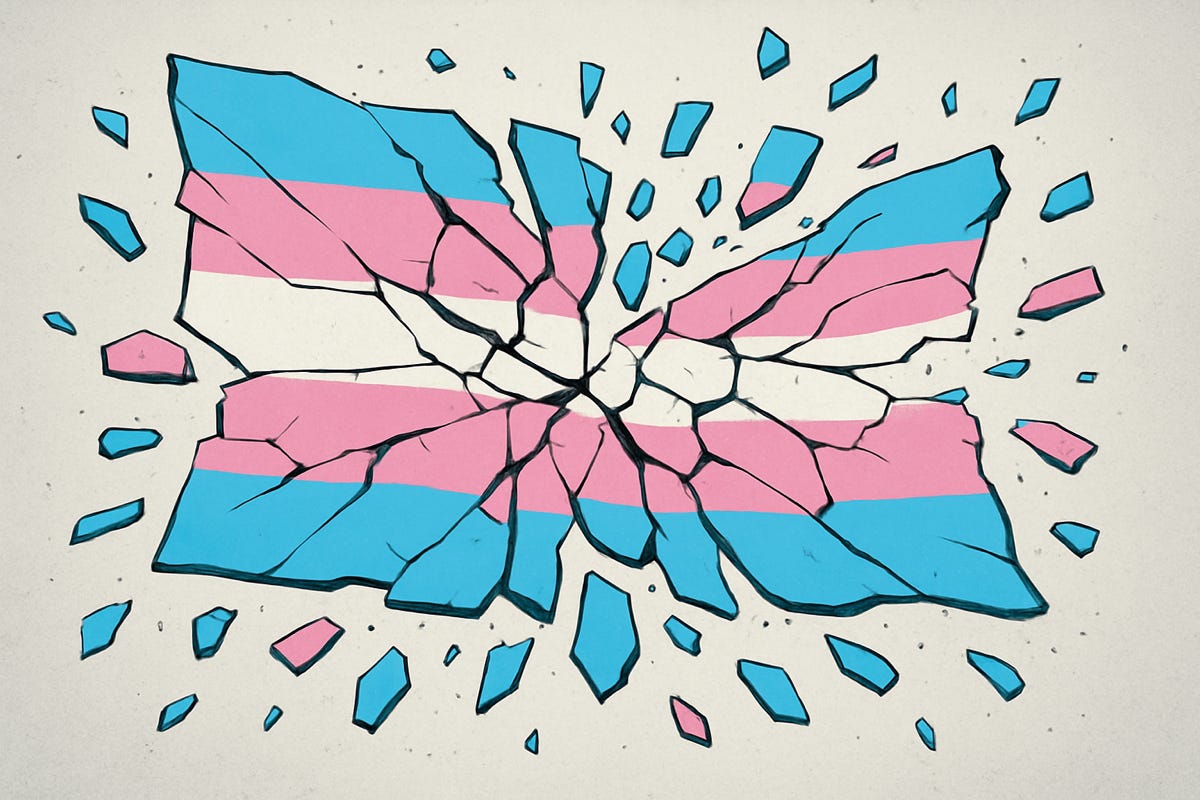The Transgender Fad Is Collapsing Among Young Americans
The trend of young Americans identifying as transgender has seen a sharp and remarkable decline since peaking in 2023, signaling a significant cultural reversal among this demographic. University students identifying as transgender dropped from 6.8% in 2023 to a mere 3.6% in 2025, according to a 2025 study by Eric Kaufmann, a political science professor…




